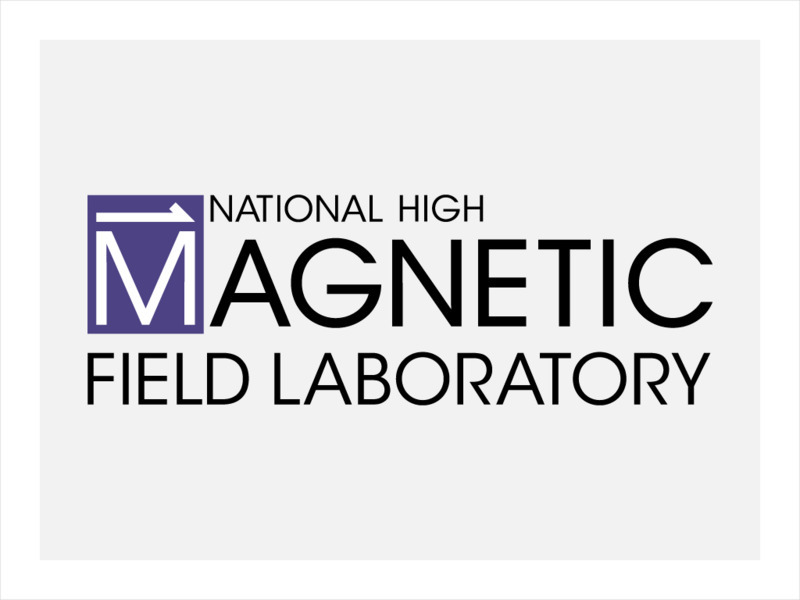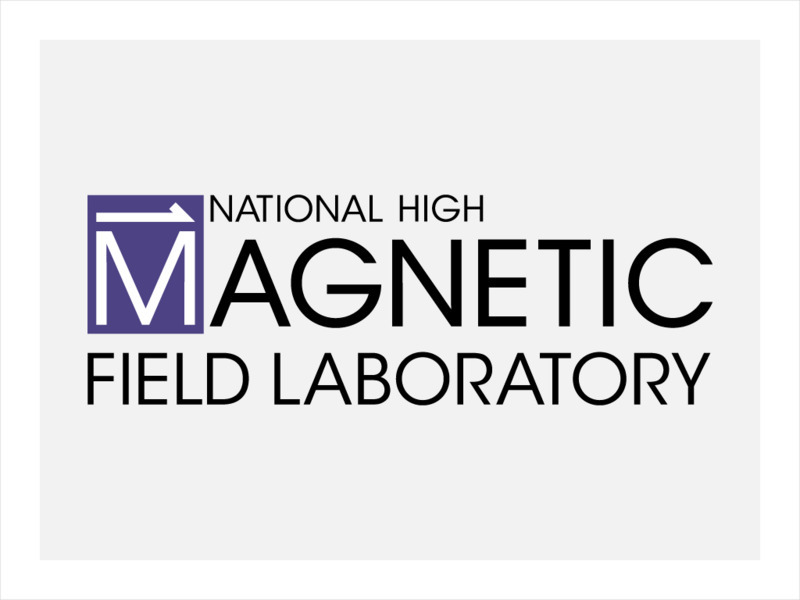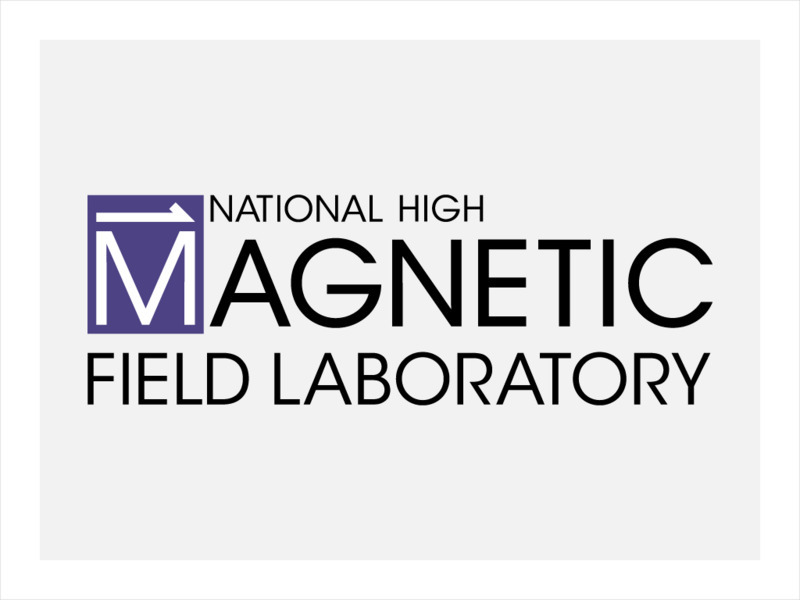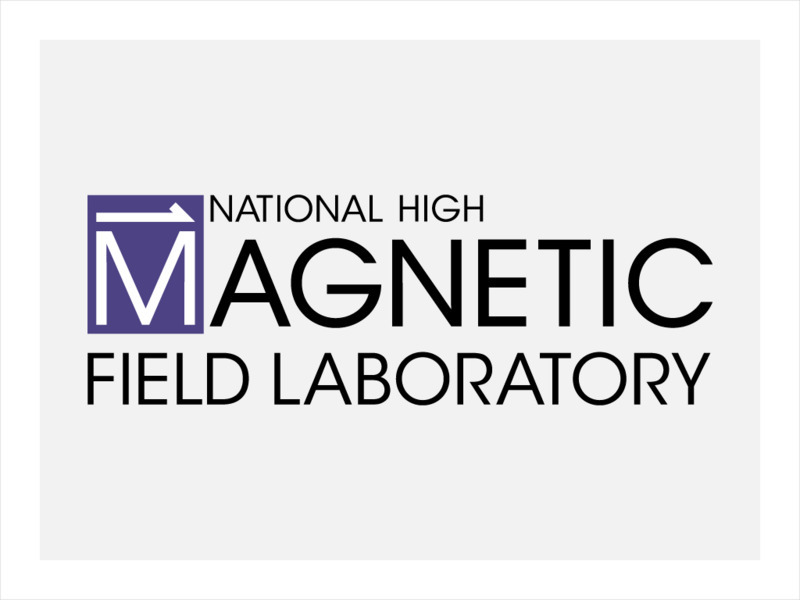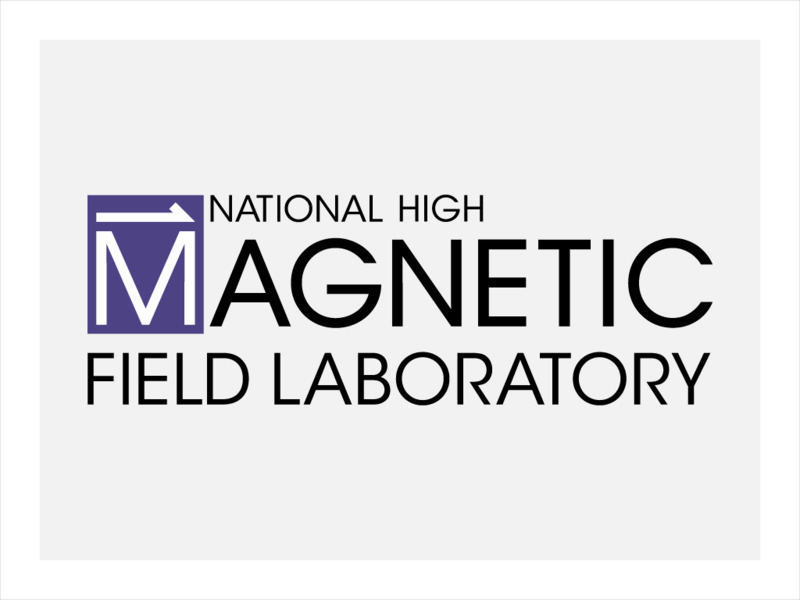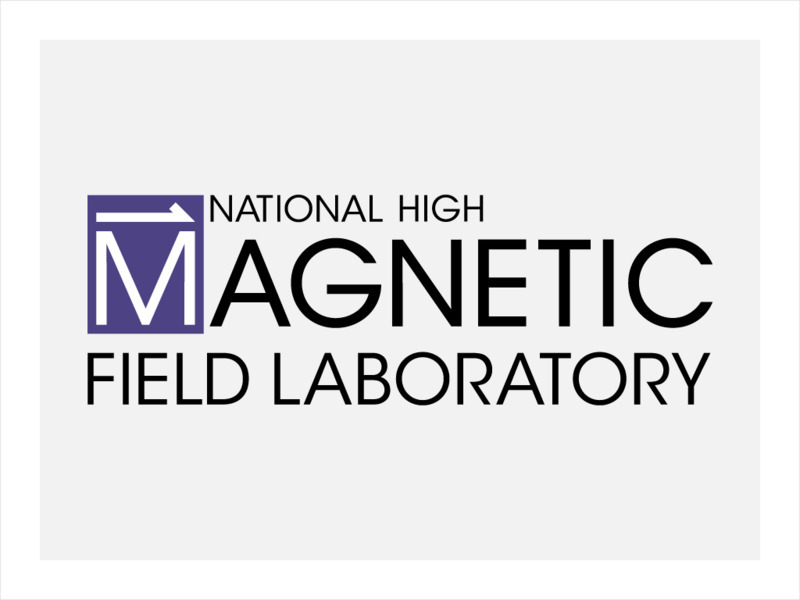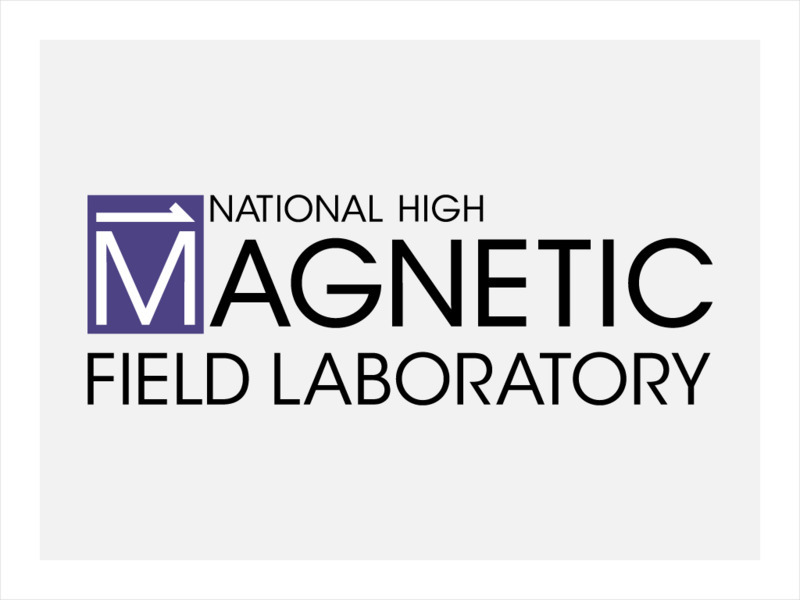Hi, what do you want to do?
National High Magnetic Field Laboratory
Magnet Academy: Magneto 1832
The magneto helped fire up the first generation of automobiles.
National High Magnetic Field Laboratory
Magnet Academy: Kettle 1891
Found in more homes than any other appliance, the kettle has steadily evolved from an ancient tool to an important modern convenience.
National High Magnetic Field Laboratory
Magnet Academy: Hydroelectric Power Station 1882
The first hydroelectric power plant, known as the Vulcan Street Plant, was powered by the Fox River in Appleton, Wisconsin.
National High Magnetic Field Laboratory
Magnet Academy: The Tesla Coil
What's behind the cool purple sparks? Neat science about resonance and transformers. Slideshow: [6:00]
National High Magnetic Field Laboratory
Magnet Academy: Torsion Balance
Experiment with the torsion balance and see what happens first by giving the rod a charge, and then by moving the charged rod closer to the outer metal sphere of the instrument. Observe what happens to the needle as the charge increases.
National High Magnetic Field Laboratory
Magnet Academy: Apple Ii Plus 1979
Long before the iPhone, the iPod or even the Mac, there was the Apple.
National High Magnetic Field Laboratory
Magnet Academy: Early Chinese Compass 400 Bc
The first compass was used not to point people in the right direction literally, but figuratively.
National High Magnetic Field Laboratory
Magnet Academy: Edison Battery 1903
Although it never quite measured up to expectations, the Edison battery paved the way for the modern alkaline battery.
National High Magnetic Field Laboratory
Magnet Academy: Fluorescent Lamp 1934
Compared to incandescent lamps, fluorescent lamps last longer, require less energy and produce less heat, advantages resulting from the different way in which they generate light.
National High Magnetic Field Laboratory
Magnet Academy: Electrostatic Generator 1706
Otto von Guericke's electrostatic machine evolved into increasingly improved instruments in the hands of later scientists. In the early 1700s, an Englishman named Francis Hauksbee designed his own electrostatic generator, a feat stemming...
National High Magnetic Field Laboratory
Magnet Academy: Electrophorus 1764
A very primitive capacitor, this early device allowed scientists to give discs of metal a specific charge.
National High Magnetic Field Laboratory
Magnet Academy: Geiger Counter 1908
Counting alpha particles was tedious and time-consuming work, until Hans Geiger came up with a device that did the job automatically.
National High Magnetic Field Laboratory
Magnet Academy: Leclanche Cell 1866
With only minor changes to its original 1866 design, the Leclanche cell evolved into modern alkaline batteries and the most popular household battery to date.
National High Magnetic Field Laboratory
Magnet Academy: Iconoscope 1923
American inventor Vladimir Zworykin, the "father of television," conceived two components key to that invention: the iconoscope and the kinescope.
National High Magnetic Field Laboratory
Magnet Academy: Plante Battery 1859
French physicist Gaston Plante invented the first rechargeable battery, leaving an enduring legacy in battery history. To see it, just pop the hood of your car.
National High Magnetic Field Laboratory
Magnet Academy: Pacemaker 1960
Many heads, hands and hearts contributed to the development of this lifesaving device.
National High Magnetic Field Laboratory
Magnet Academy: Oscilloscope 1897
From the auto shop to the doctor's office, the oscilloscope is an important diagnostic tool. A mechanic may use an oscilloscope to measure engine function, while a medical researcher uses it to monitor heart activity.
National High Magnetic Field Laboratory
Magnet Academy: Morse Telegraph 1844
The man most commonly associated with the telegraph, Samuel Morse, did not invent the communications tool. But he developed it, commercialized it and invented the famous code for it that bears his name.
National High Magnetic Field Laboratory
Magnet Academy: Marconi Radio 1897
A number of distinguished scientists had a hand in the discovery of "wireless telegraphy," but it was the work done by Guglielmo Marconi that is credited with providing the basis of radio as we know it today.
National High Magnetic Field Laboratory
Magnet Academy: Magnetron 1920
Although they have applications at the highest levels of scientific research, magnetron tubes are used every day by non-scientists who just want to heat their food in a hurry.
National High Magnetic Field Laboratory
Magnet Academy: Stanley Transformer 1886
Applying discoveries Michael Faraday had made a few decades earlier, William Stanley designed the first commercial transformer for Westinghouse in 1886.
National High Magnetic Field Laboratory
Magnet Academy: Smoothing Iron 1882
Although not as celebrated as many other scientific inventions, the smoothing iron has its own rich history of development stretching all the way from 400 B.C. to the present.
National High Magnetic Field Laboratory
Magnet Academy: Walter Brattain (1902 1987)
Walter Houser Brattain discovered the photo-effect that occurs at the free surface of a semiconductor and was co-creator of the point-contact transistor, which paved the way for the more advanced types of transistors that eventually...
National High Magnetic Field Laboratory
Magnet Academy: Gerd Binnig
Gerd Binnig co-developed the scanning tunneling microscope (STM) with Heinrich Rohrer. The STM allowed scientists entry into the atomic world in a new way and was a major advance in the field of nanotechnology. For their achievement,...







